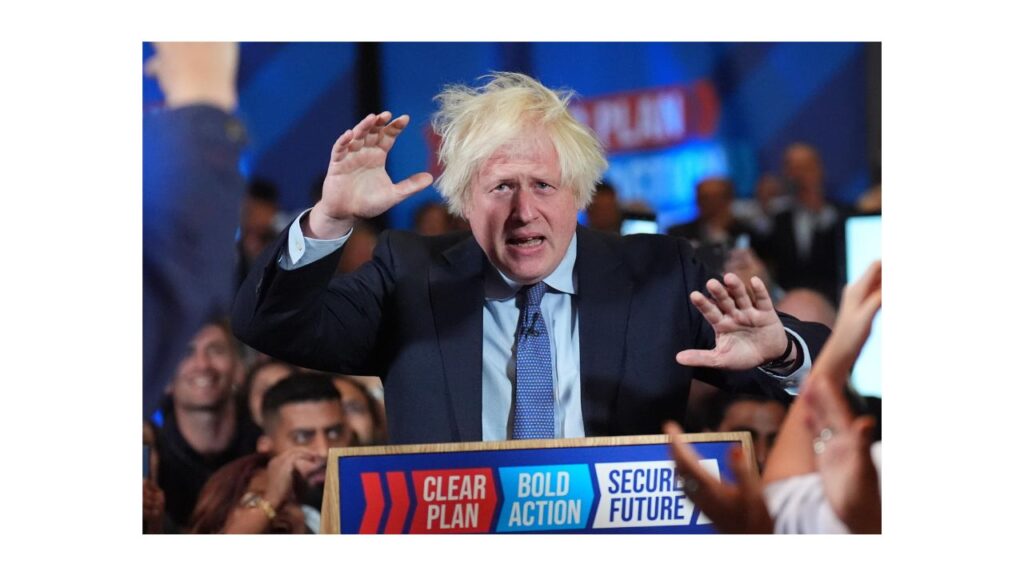On July 4, the UK will cast ballots in the general election. After the Conservative Party ruled the House of Commons for 14 years, it is expected that the Labour Party, led by Keir Starmer, will emerge victorious and obtain a majority.
In the meantime, in order to stop Labour from winning by a landslide, Prime Minister Rishi Sunak asked electors to have faith in the Conservatives. In an effort to draw in undecided voters, smaller parties like Reform UK, the Greens, and the Liberal Democrats are trying to take advantage of the dissatisfaction with the two major parties.
The nation is at a critical moment with the election. In as many years, the UK has had three prime ministers. Prior to Rishi Sunak’s appointment in October 2022, political unrest beset the United Kingdom under leaders Boris Johnson and Liz Truss.
On July 24, 2019, Mr. Johnson was chosen as the country’s prime minister, a position he held until his retirement on September 6, 2022. His resignation was ultimately caused by a widespread ministerial revolt that was spurred by scandals such as Partygate.
The political controversy concerning parties and get-togethers hosted at 10 Downing Street during the Covid-19 outbreak is known as “Partygate.” Boris Johnson was among the 83 attendees who were accused of breaking the Covid-19 social distancing regulations. After conducting an investigation, the Metropolitan Police fined 126 people for breaking Covid-19 rules, including Boris Johnson.
On June 9, 2023, Mr. Johnson resigned from his position as an MP following the Privileges Committee’s inquiry into the Partygate affair, which he said was a “witch hunt” against him.
After Mr. Johnson announced his resignation, Liz Truss won the Conservative Party leadership contest and became the fourth female prime minister in British history.
But on October 25, 2022, barely 50 days after taking office, she announced her resignation, making her the British prime minister with the shortest tenure ever.
The manner the Truss administration managed the economy drew criticism, particularly for its contentious mini-budget, which caused market turbulence and eroded public confidence. A succession of policy backtracking and a decline in support from her Members of Parliament further damaged her leadership.
With the Conservative Party in turmoil and some MPs wanting a change in leadership, Rishi Sunak was elected on October 25, 2022, as a result of calls for Ms. Truss’ resignation.
